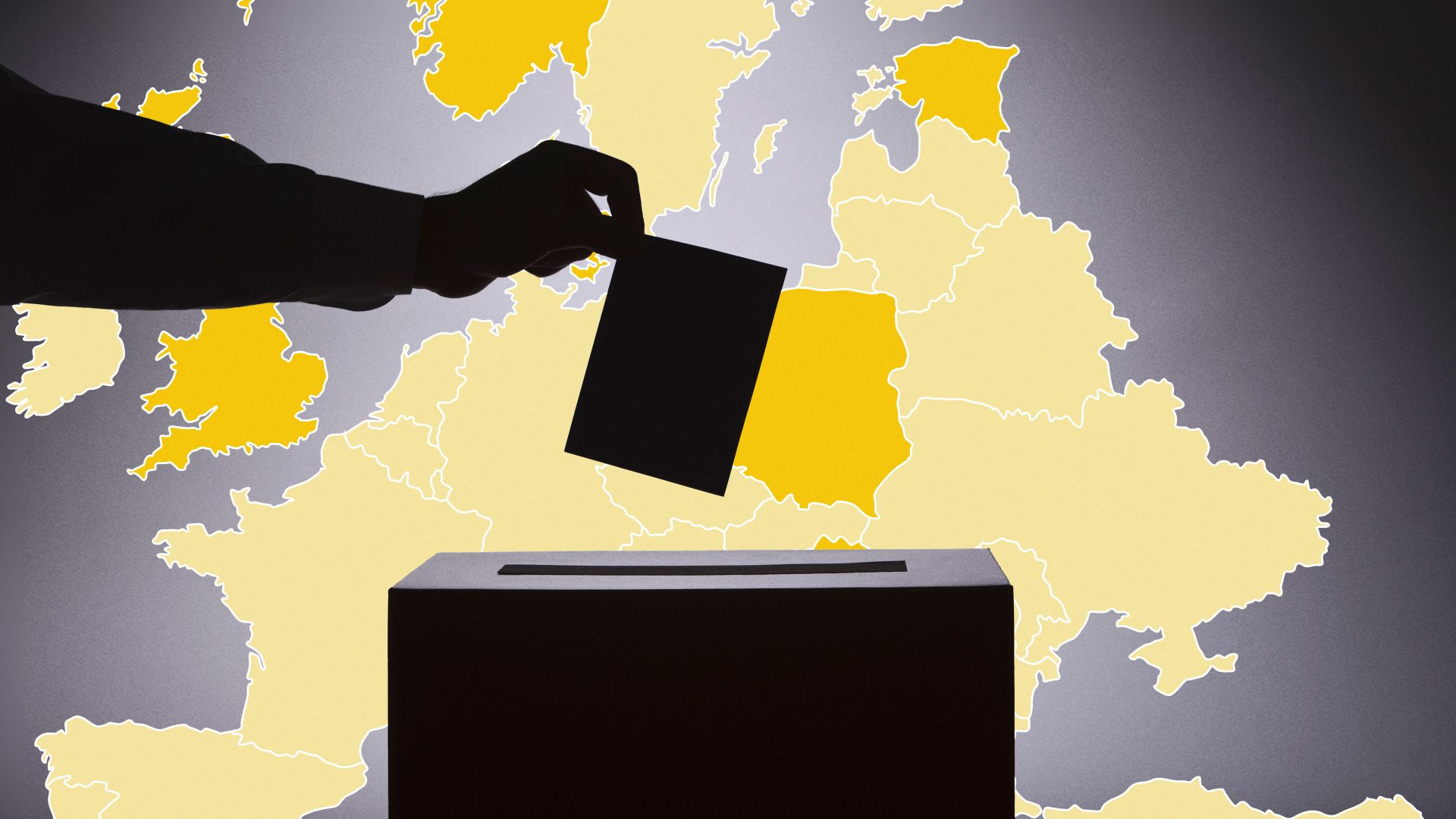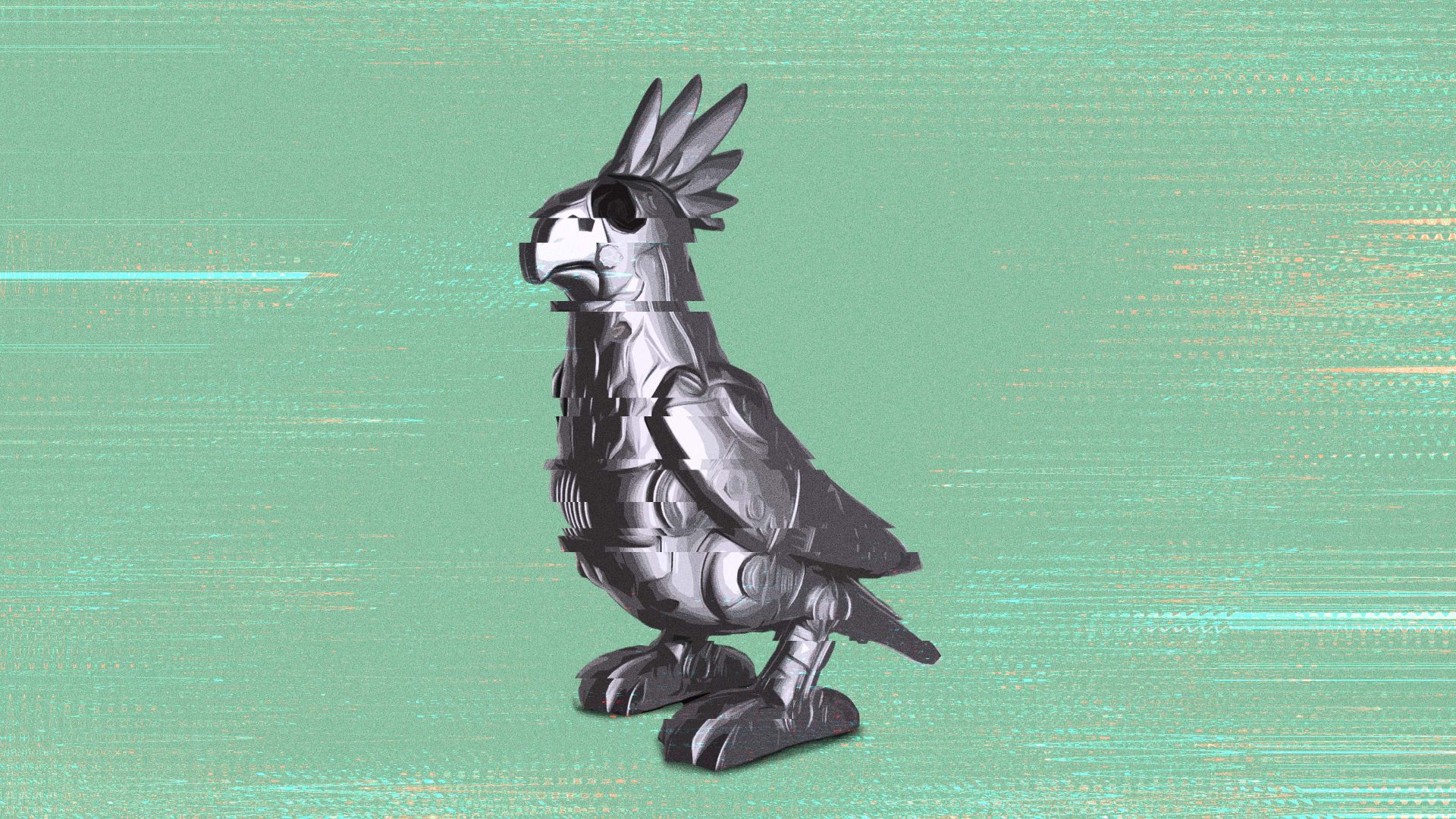UK
Although technically founded the year before, the Monster Raving Loony Party first stood under that name in the Bermondsey byelection of 1983. Founded by the musician Screaming Lord Sutch (to which the erstwhile David Sutch legally changed his name), it has proposed minting a 99p coin and reintroducing wrapping fish and chips in newspapers, although some of its former policies – including “passports for pets”, abolition of dog licences and all-day pub openings – have since become law. Now led by Howling Laud Hope, who shared leadership duties with his cat, Catmando, until his death in 2002.
Denmark
The Union of Conscientiously Work-Shy Elements was founded by Danish-Faroese comedian Jacob Haugaard in 1979 with policies including better Christmas presents, Nutella in army field rations and more bread for the ducks in parks. Despite the party being intended as a joke, in 1994 Haugaard was unexpectedly elected to represent Aarhus in the Danish parliament and often found himself having the deciding vote in what was a hung parliament. When his portrait was displayed, Haugaard commented, presciently, that it should serve as a warning that any idiotic populist might get elected.
Hungary
The Two-Tailed Dog Party, or MKKP, has trolled its way through Hungary’s political system since it was founded as a movement in 2006, promising eternal life, world peace, a one-day workweek, two sunsets a day (in assorted colours), lower gravity and building a mountain on the Great Hungarian Plain. Although its main activity is street art, in the 2019 local elections the party ran in four districts of Budapest where they had elected one council member each. The same year they also took 2.62% of the vote in the European elections with a vow to ban the Eurovision Song Contest.
Italy
Considered one of the first satirical parties, the Italian Nettist Party was founded in 1953 by publisher Corrado Tedeschi with a principle policy of giving people a steak every day. “To be truly such, a beefsteak must weigh at least 450 grams,” he explained. “But no less than 450 grams, because otherwise it becomes a cutlet and then my party would no longer be the beefsteak party.” It ran in the 1953 general election, collecting 4,305 valid votes, equivalent to 0.02% at the national level.
Poland
Satirist Janusz Rewiński formed the Polish Beer-Lovers’ Party in 1990 with the stated aim of promoting a culture of beer-drinking in British-style pubs instead of vodka and thus fight alcoholism at a time when the average Pole drank 10 litres of the spirit a year. Rewiński wrote the lyrics to the party’s campaign anthem: “Have a beer, and another, and a third/You can get a bit tipsy/No more of the hard stuff/So just grab yourself a beer.” They surprisingly won 16 representatives in the 1991 parliamentary election but the victory proved a pyrrhic one and they split into two groups – one wanting to stay true to their origins and another wanting to become a more general party.
Iceland
Comedian Jón Gnarr founded the Best Party in 2010 as a joke, running for Reykjavík City Council on a platform promising free towels in all swimming pools and a polar bear for the city’s zoo. Amid the turmoil following the country’s financial crisis, however, the party unexpectedly took 34.7% of the vote and six of the 15 seats, making Gnarr the city’s mayor. In office he took a genuine interest in governing, pursuing a broadly centre-left agenda, but did not stand for re-election and dissolved the party after one term.
Norway
The Political Party was founded by Norwegian comedians Johan Golden and Atle Antonsen in 2000 with slogans including “Atle Antonsen – working for all the people” and “Johan Golden – your slave in parliament” – the latter somewhat awkwardly, as Golden is of black Caribbean descent. Their platform focused on direct democracy, with public online votes for all parliamentary issues, and a highly literal interpretation of the result – if people voted 70% in favour and 30% against an issue, they said, they would work 70% for it and 30% against it. The party was dissolved after getting less than 1% of the vote in the following year’s general election.
Estonia
Led by Kalle Kulbok, the Independent Royalist Party of Estonia, which called for establishing the country as a monarchy in the model of Sweden and Norway, won eight seats in the 1992 general election. Two years later they wrote to Britain’s Prince Edward asking him to become their king, praising him as “young, royal, artistic and talented” and tempting him with the line: “Estonian newspapers are a lot nicer and more respectful to the British royal dynasty than the English media”. Alas, a Buckingham Palace spokesman said it was “a charming idea but a rather unlikely one”. Kulbok has in the intervening years become a rare Estonian eurosceptic who would campaign unsuccessfully for the country’s 2003 EU referendum to be declared unconstitutional.



